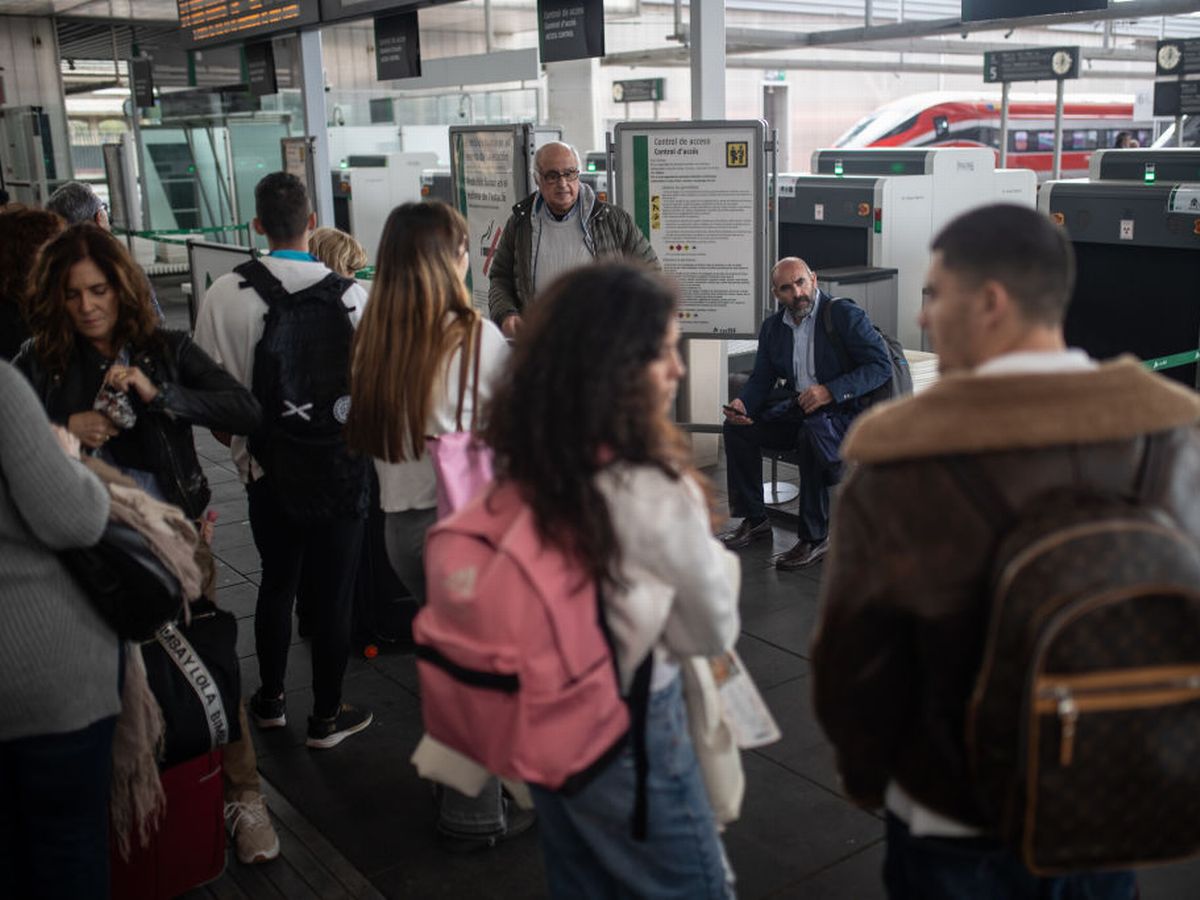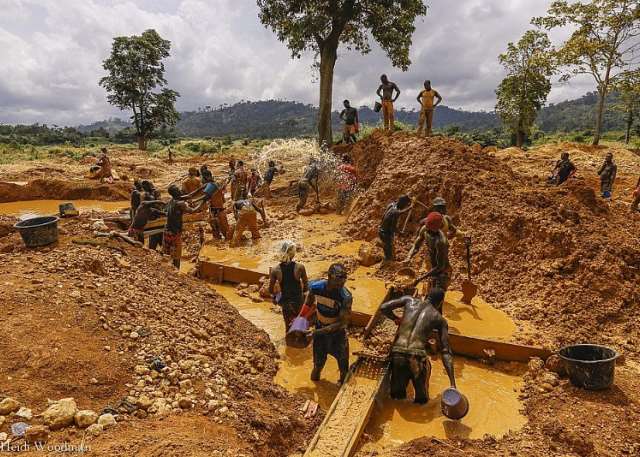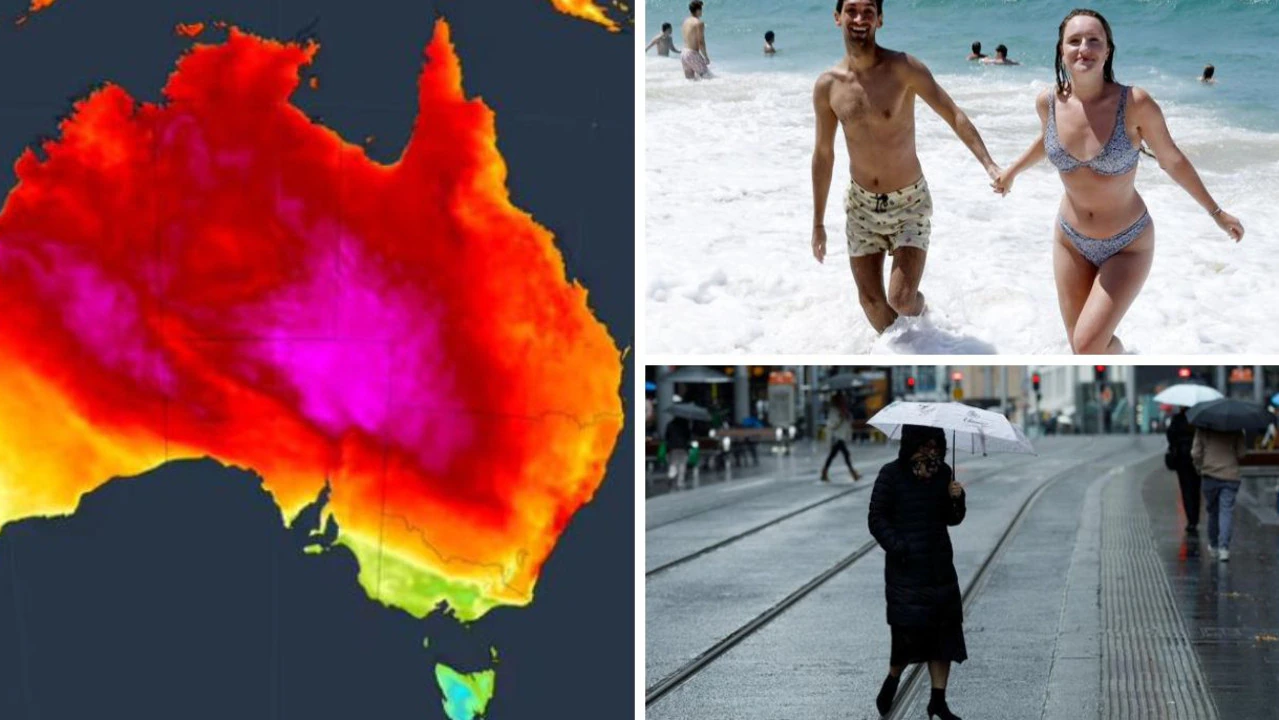Copyright mirror

The government has responded to calls for 'airport-style' scanners at railway stations in Britain after a horror knife attack on a train saw passengers flee down carriages for safety. Transport Secretary Heidi Alexander announced today that there will be a review of rail security in the UK following the mass stabbing on the LNER service from Doncaster to London on Saturday night, which left 11 people in hospital . Two people remained in a 'life-threatening' condition last night, including a rail worker who bravely stepped in to try and stop the attacker from getting any further as he allegedly rampaged down multiple carriages. Anthony Williams, 32, appeared at Peterborough Magistrates’ Court today charged with 10 counts of attempted murder . Speaking to the BBC , the Transport Secretary said the government would now "review security arrangements" on the railway network, and confirmed there will be increased visible patrols at major stations over the coming days. But she refused to endorse recent calls for security scanners to be installed at major transport hubs, telling the broadcaster she did not think it was the "right solution for stations in the UK". Confirming the upcoming review of passenger safety, she said: "Public transport generally is a low-crime environment – and this incident was absolutely horrific on Saturday night, and I don’t want to take away from that in any way – but generally, our trains are some of the most safest forms of public transport anywhere in the world . "For every one million passenger journeys that are made, there are 27 crimes. Now for me, one crime is one crime too many, so we will after this review all of our security measures because that is the right thing to do." While airport-style security has never been in place on Britain's rail network, in other countries passengers are routinely subjected to security scans before boarding trains. In Spain, passengers on busy high-speed services are required go through an airport-style screening process before boarding. This includes X-rays of luggage and metal arches for body scans - though there are no restrictions on liquids. The measures were introduced after the devastating 2004 Madrid train bombings, which saw terrorists target a number of commuter services at rush hour, leaving over 190 people dead and 2,500 injured. Anthony Glees - a security expert and professor at University of Buckingham - was among those calling for similar measures to be brought in here in the wake of the Huntingdon attacks. He told the Daily Star : "I'd strongly urge British Transport Police to install metal detectors routinely at all stations." Asked whether he thought more staff would be introduced on public transport in response to passenger safety concerns, he replied: "Yes, for a while - perhaps - but trains (like London tubes) are basically unpoliceable spaces. I doubt that conductors would be re-introduced."



